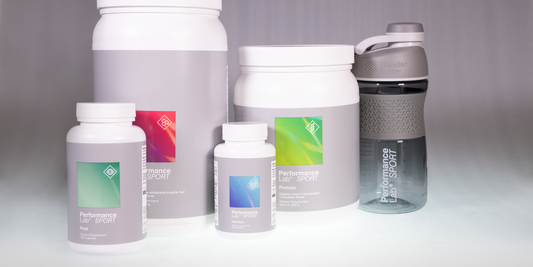Lion's Mane has a taste and texture similar to lobster or crab; stringy, meaty, and delicate. Once cooked, it's slightly chewy, tender, and juicy, with a seafood-like taste. Lion's mane readily takes on the flavor of spices and sauces.
What is Lion's Mane Mushroom?
Lion's Mane Mushroom is a fascinating nootropic substance. It is a common ingredient used in high quality daily nootropic stacks today, and it is a key ingredient in Performance Lab Mind. Lion's Mane, also known as Hericium erinaceus, the Bearded Hedgehog Mushroom or the Monkey Head Mushroom, is a mainstay of traditional Chinese medicine. It has a long hisotyr of both culinary and medicinal use, with traditional medicine practicioners prescribing it for ailments including insomnia, low mood, low immune system function, and memory loss. In cooking, Lion's Mane is commonly eaten in China, where it is routinely combined with other speciality mushrooms such as Shiitake and Oyster. While most of its "traditional" uses have no corroborating evidence, there are some benefits of Lion's Mane Mushroom which have strong support from recent clinical trials.Lion's Mane Mushroom Benefits: Why you should eat this medicinal mushroom
What are the benefits of eating Lion's Mane Mushroom? Should you make the effort to consume this medicinal mushroom?If you're interested in maximizing your cognitive performance for the long-term, then you should absolutely consider adding Lion's Mane Mushroom to your diet, at least a few times per month. The benefits of Lion's Mane consumption are extensive, covering almost every aspect of cognitive function, and health more generally. The known benefits of regular Lion's Mane Mushroom Extract consumption include:- Enhanced memory retention and recall
- Improved focus and concentration
- Reduced stress and anxiety
- Better sleep quality
- Improved mood
- Enhanced immune system function
- Better long-term cognitive function
How does eating Lion's Mane work?
Why does eating Lion's Mane produce these benefits? Lion's Mane consumption has been found to increase the release of neurotrophic factors in the brain. Specifically, Lion's Mane triggers the release of Nerve Growth Factor (NGF), and to a lesser extent, Brain Derived Neurotrophic Factor (BDNF). These neurotrophic factors regulate neuron growth, repair, and proliferation. By increasing NGF (and BDNF to some degree), Lion's Mane consumption increases the rate at which you create new neurons and repair old, damaged neurons. It also speeds up neuron dendrite growth and brain cell maturation. The end result of all of this is significantly improved cognitive performance. BDNF is also implicated in cognitive function, brain health, and wellness more broadly. Studies suggest that BDNF may improve mood, reduce anxiety, improve sleep, and bolster the immune system, both within the brain and systemically throughout the body.















